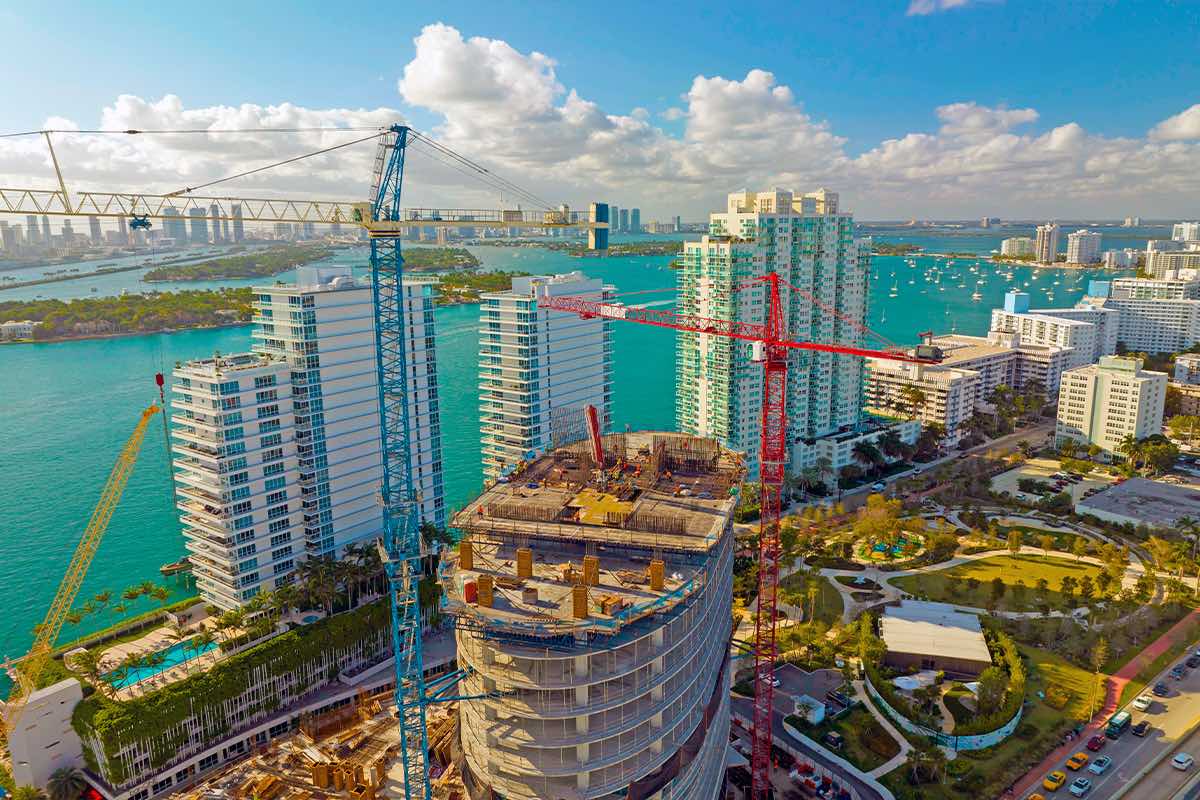Immigration Visas: Everything you need to know about the H-1B Work Visa
Embarking on a professional career in the United States has long been the dream of many professionals worldwide. Gain in-depth knowledge about the H-1B Visa with BAI Capital.
The pursuit of employment opportunities in the U.S. is a goal for many international students and professionals looking to establish their careers in one of the world’s most important countries.
The H-1B Visa emerges as a key avenue for those seeking to work on American soil. Therefore, we provide comprehensive information about the H-1B Visa, followed by delving into the transition process towards the coveted Green Card.
What is the H-1B Visa?
The H-1B Work Visa is a U.S. program designed to allow highly skilled and specialized foreign professionals to work temporarily in the United States.
This visa is particularly valuable for U.S. employers seeking to fill positions that require specific skills not readily available in the local job market.
To be eligible for the H-1B Visa, an individual must possess at least a bachelor’s degree or equivalent work experience in the required field of specialization.
Furthermore, the job position must be classified as “specialized,” meaning it must require advanced technical knowledge or specialized education to perform the job functions.
A U.S. employer must offer the candidate a job and be willing to sponsor their visa application. This involves submitting a petition to the United States Citizenship and Immigration Services (USCIS) and demonstrating the legitimate need to hire a foreign professional for the specific position.
The H-1B Visa is initially granted for a period of up to three years, with the possibility of an additional extension of up to three years. This provides the visa holder the opportunity to work in the United States continuously for a significant period.
H-1B Visa Application Process:
Determine Eligibility
Before starting the process, both the employer and the foreign professional must ensure they meet the requirements for the H-1B Visa. This includes the professional having at least a bachelor’s degree or equivalent work experience, and the employer being willing to sponsor the visa for a specialized job position.
Submit the LCA Certification Application
The employer must submit a Labor Condition Application (LCA) to the U.S. Department of Labor (DOL). The LCA certifies that the employer will comply with wage and labor requirements, and hiring the foreign professional will not adversely affect U.S. workers in terms of employment conditions.
After submitting the LCA, the DOL will review the application to ensure it meets labor standards. Once approved, the employer will receive a certificate to include in the H-1B visa petition.
Prepare the I-129 Petition
The next step is for the employer to complete and submit Form I-129, Petition for a Nonimmigrant Worker, to the USCIS. This form includes details about the employer, job position, and information about the foreign professional. Supporting documents, such as the LCA certificate and evidence of professional eligibility, will be attached.
The employer must pay the associated fees for petition submission, including the base fee and additional fees based on the specific situation.
Visa Selection Process
Since the demand for H-1B visas often exceeds the supply, a selection process through a lottery is conducted. Applications received during the filing period (usually in April) undergo a random draw to determine which ones will be processed. Those selected will continue with the review process.
Special Quotas for Chile and Singapore: for these countries, there is a specific number of reserved slots. This reflects the mutual interest and labor relationship between these countries and the United States. Applicants from these countries may benefit from a more streamlined process, although competition is still significant.
USCIS Review and Approval:
Once selected, the I-129 petition will be reviewed by the USCIS. If it is deemed to meet all requirements and is properly supported, the petition will be approved. In case of any issues or lack of documentation, the USCIS may issue a Request for Evidence (RFE) to obtain additional information before making a final decision.
Consular Interview (if necessary)
In some cases, the foreign professional may need to attend an interview at the U.S. consulate in their home country. During the interview, their intentions and eligibility for obtaining the visa will be assessed.
Obtain the H-1B Visa
If the petition is approved, the foreign professional can obtain the H-1B visa stamped in their passport. From that point, they can travel to the United States and begin working for the employer who sponsored their visa.
Both the employer and the foreign professional must comply with the labor obligations stipulated in the LCA during the employment period. This includes providing the foreign worker with the specified salary and meeting the employment conditions outlined in the petition.
Renewal and Extension
The H-1B Visa has an initial duration of up to three years, with the possibility of an extension for another three years. If the foreign professional plans to stay longer in the United States, an extension application must be submitted before the visa expires.
From H-1B Visa to Green Card
Once a foreign professional obtains the H-1B Visa and starts working in the United States, they can aspire to the Green Card for permanent residency.
Eligibility for the Green Card often depends on the employment category. An employer or the applicant themselves can initiate the process, and categories range from priority workers to professionals with exceptional skills.
PERM Process (Labor Certification Process):
Most categories require a PERM process, which involves demonstrating that there are no qualified and available U.S. workers for the position. This process ensures that hiring a foreign worker will not negatively impact local employees.
Submission of the I-140 Petition:
After obtaining labor certification, the next step is to submit the I-140 Petition to the USCIS. This form confirms the applicant’s eligibility for the Green Card in the specific employment category.
Adjustment of Status or Consular Process:
Once the I-140 Petition is approved, the foreign worker can adjust their status if already in the United States. If outside the country, they must follow a consular process to obtain the Green Card.
Associated Costs and Financial Strategies:
Entering the H-1B Visa and Green Card acquisition process is not without costs. In addition to government fees, applicants must consider legal fees and potential costs related to labor certification.
Financial strategies, such as negotiating expenses with the employer and tax planning, can help mitigate the economic impact.
Alternatives and Backup Strategies:
While the H-1B Visa is a popular option, there are other paths to work in the United States, such as the O-1 Visa for individuals with extraordinary abilities or the L-1 Visa for intra-company transfers.
However, most paths involve lengthy, complex, and costly processes, so careful planning and consultation with professionals are crucial before making a decision.
EB-5 Federal Immigration Program: The Best Solution to Green Card Delays
Although transitioning from H-1B to the Green Card is a common goal, as we have seen, the path is long and filled with obstacles. Therefore, some professionals prefer to seek faster and more direct solutions.
This is the case with the EB-5 Program, created by the U.S. Congress to stimulate the local economy through foreign investment and, at the same time, provide individuals worldwide with the opportunity to move to the country through a Green Card.
Unlike other programs, the EB-5 offers investors the opportunity to obtain the Green Card directly, without going through the intermediate stages of labor certification and specific employer petitions.
This means that H-1B visa holders can bypass common obstacles in the traditional process and expedite their path to permanent residency.
This program allows foreign investors to obtain the Green Card by investing in U.S. commercial projects that create jobs. Although it involves a substantial investment, this path offers a faster and more predictable route to permanent residency, avoiding some of the obstacles associated with transitioning from the H-1B Visa.
Therefore, the EB-5 investment emerges as a strategic alternative, advancing much of the slow process of transitioning from the H-1B Work Visa to Permanent Residency.




